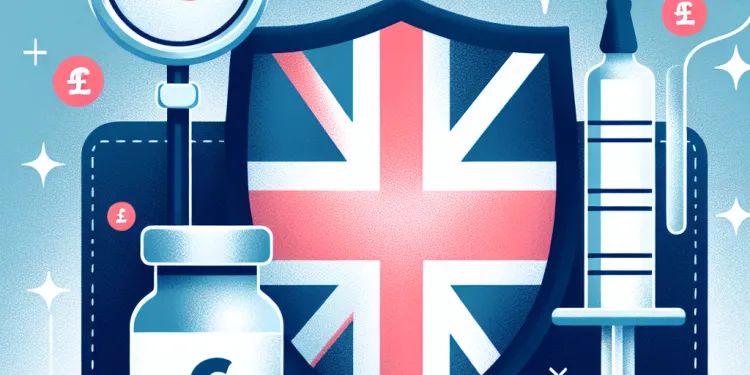
Find A Professional
More Items From Ergsy search
-
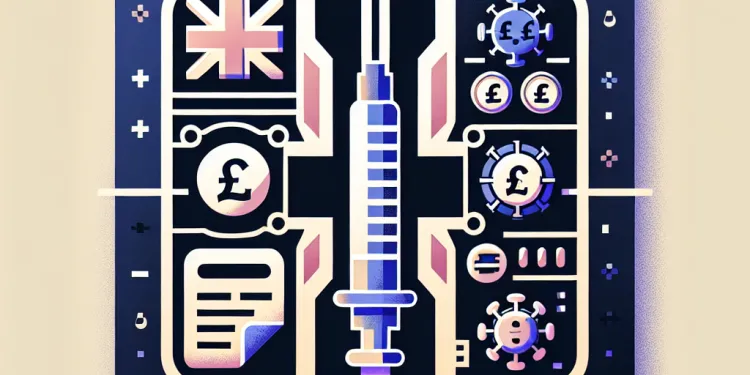
What are the different types of vaccines?
Relevance: 100%
-

What steps can improve vaccine effectiveness?
Relevance: 91%
-
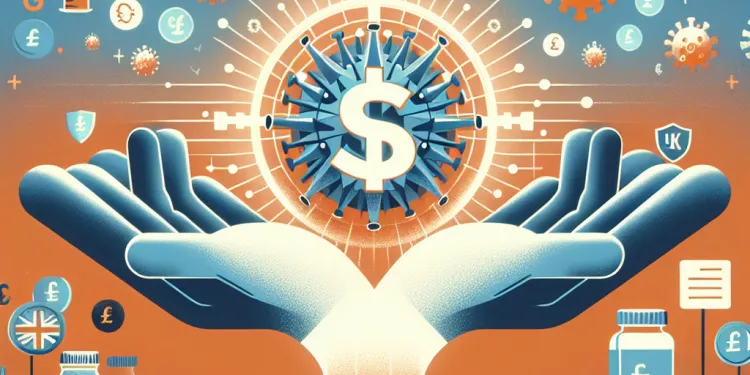
Can everyone receive vaccines?
Relevance: 91%
-
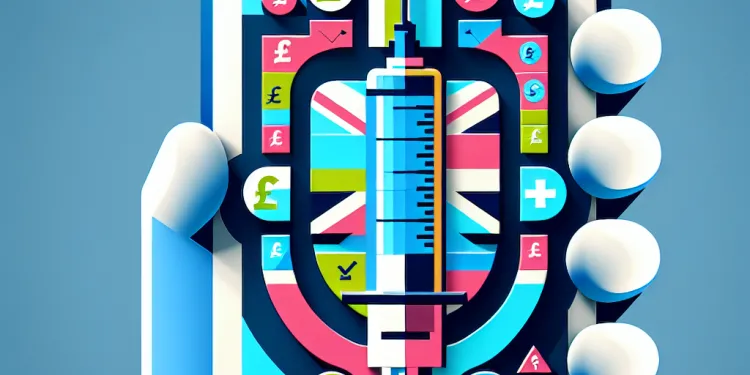
Are vaccines safe?
Relevance: 85%
-

What is a subunit vaccine?
Relevance: 85%
-
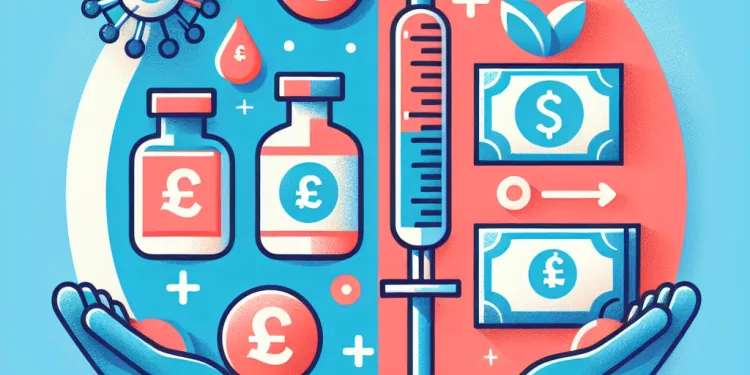
How effective is the flu vaccine?
Relevance: 84%
-
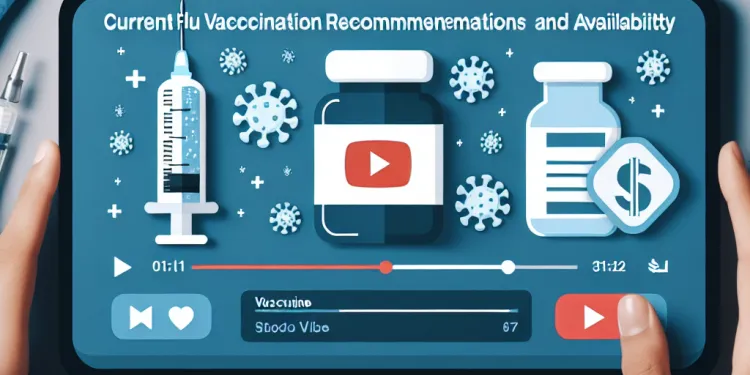
Current Flu Vaccination Recommendations and Availability
Relevance: 83%
-
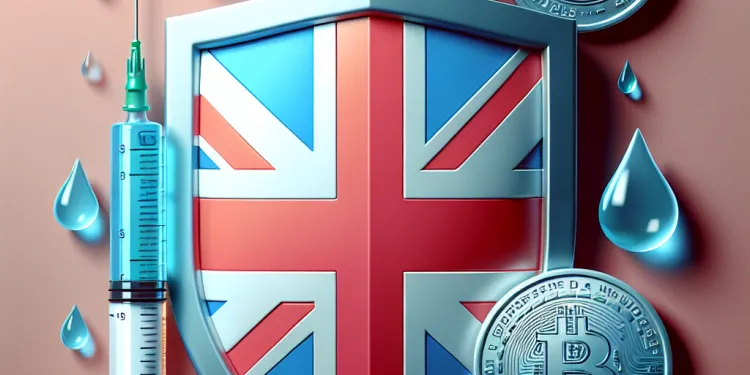
Can vaccines cause the diseases they protect against?
Relevance: 81%
-
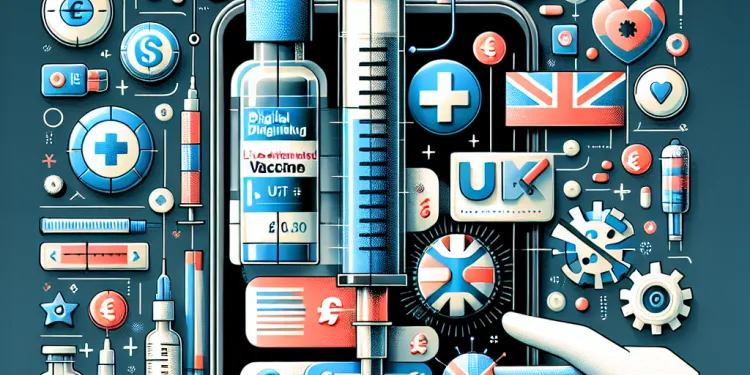
What is a live-attenuated vaccine?
Relevance: 79%
-
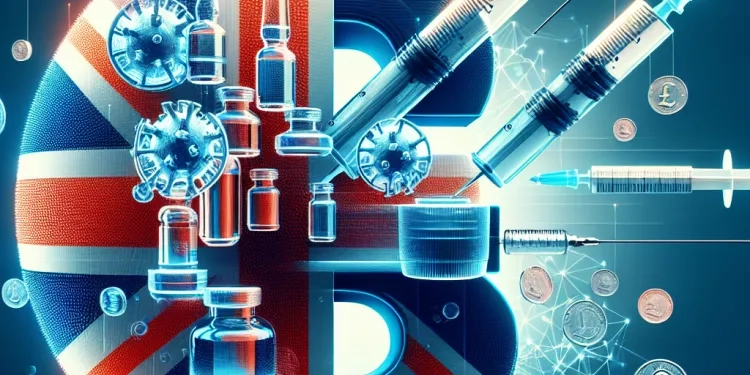
What are vaccines and how do they work?
Relevance: 78%
-
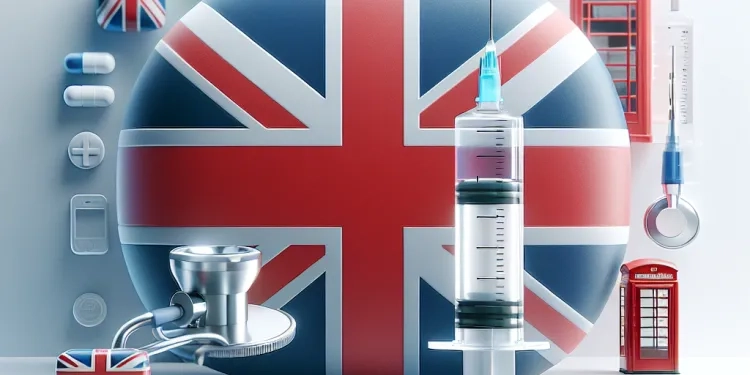
What if I'm not eligible for a free flu vaccine, can I still get vaccinated?
Relevance: 77%
-
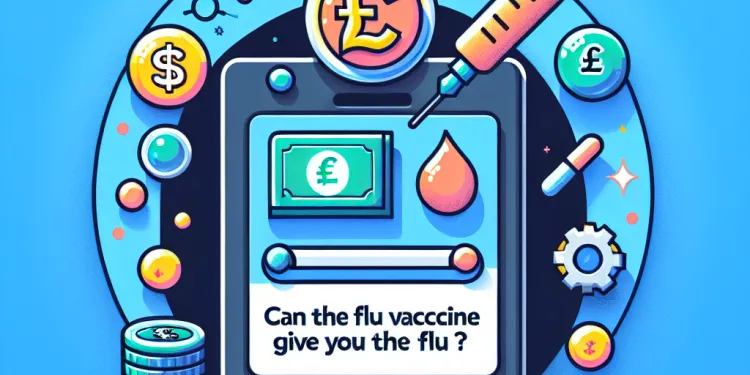
Can the flu vaccine give me the flu?
Relevance: 76%
-
Does the flu vaccine protect against COVID-19?
Relevance: 76%
-
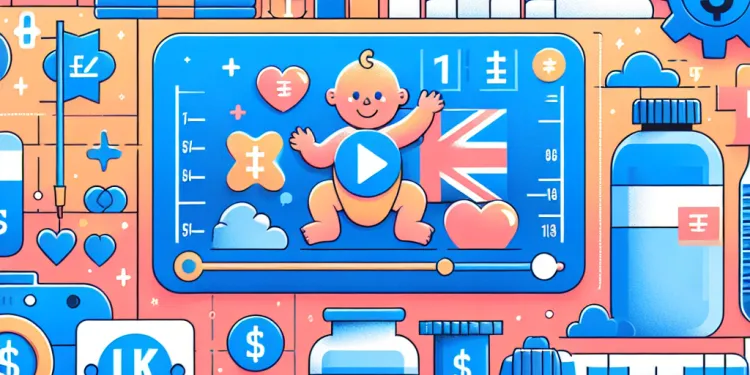
Children's Vaccination Schedule
Relevance: 75%
-

Is the flu vaccine free for everyone in the UK?
Relevance: 75%
-
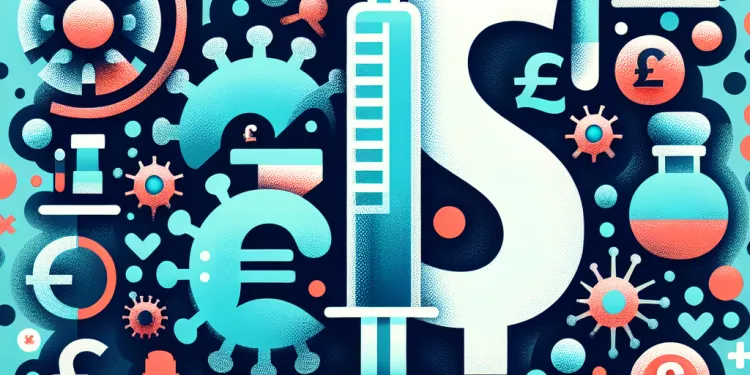
How does vaccination affect measles rates?
Relevance: 74%
-

When is the best time to get the flu vaccine?
Relevance: 72%
-
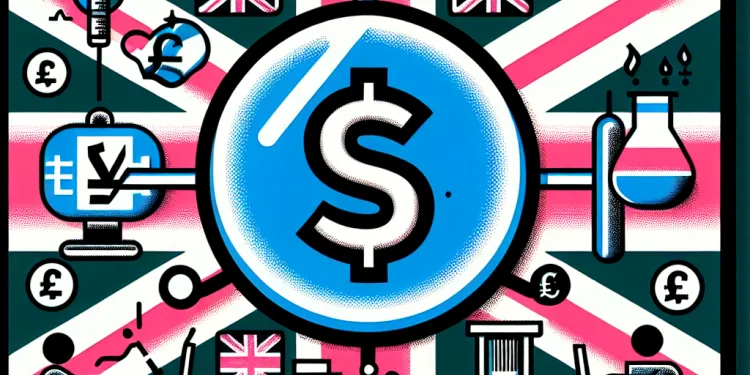
Why do vaccinated people sometimes still get sick?
Relevance: 71%
-
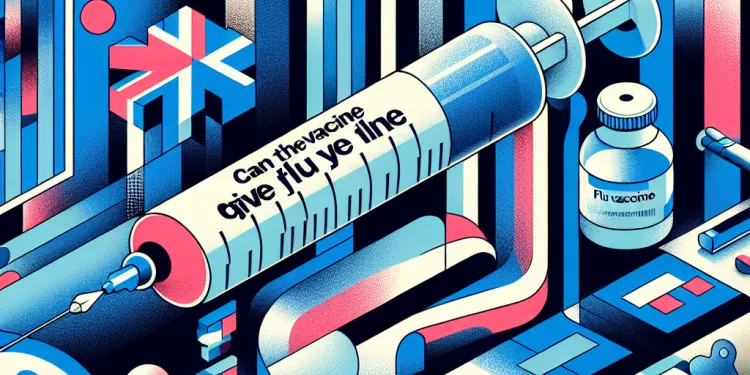
Can the flu vaccine give you the flu?
Relevance: 71%
-
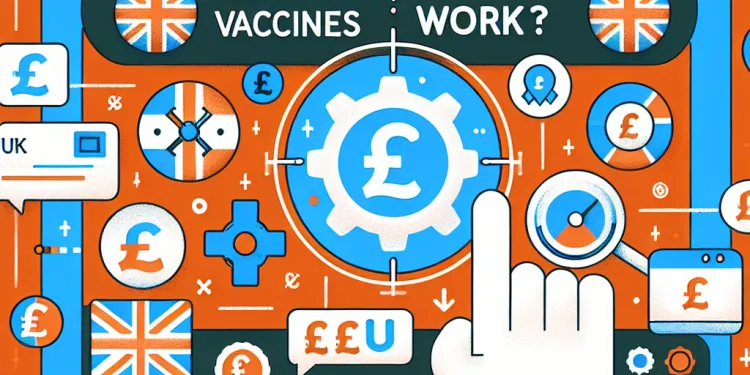
How do vaccines work?
Relevance: 70%
-
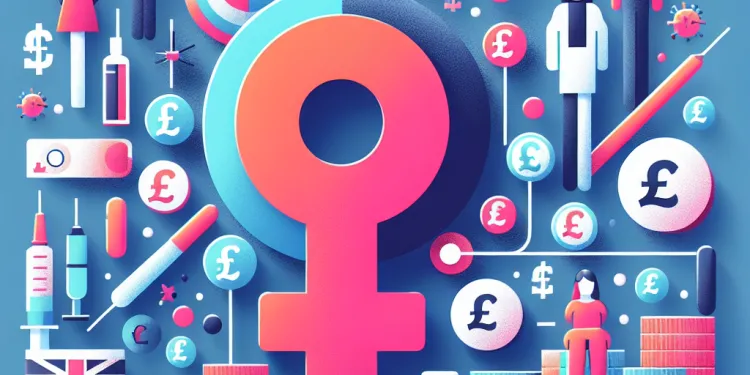
Surge in HPV Vaccination Rates Among Young Women in the UK
Relevance: 70%
-
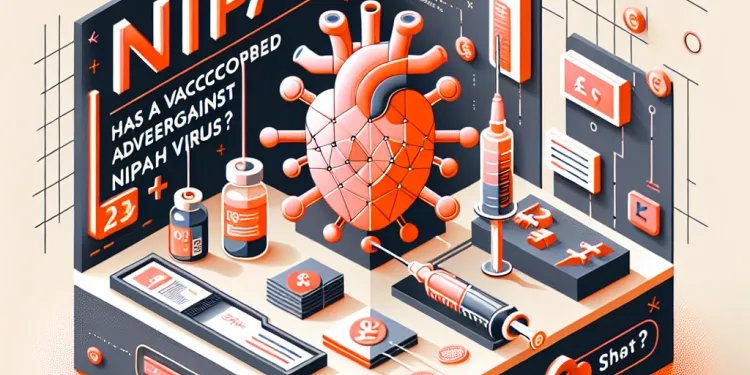
Has a vaccine been developed against Nipah Virus?
Relevance: 70%
-
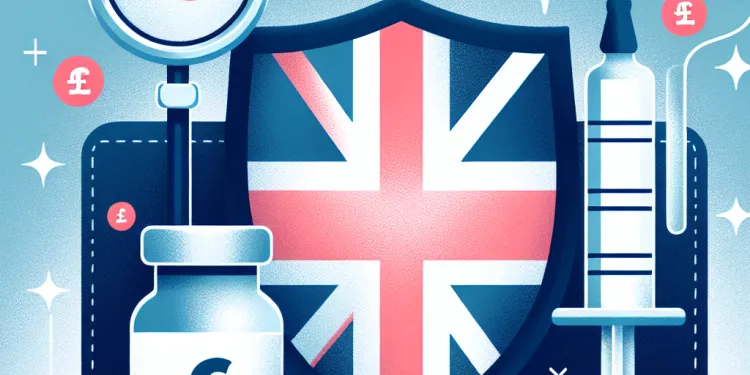
Why are vaccines important?
Relevance: 70%
-
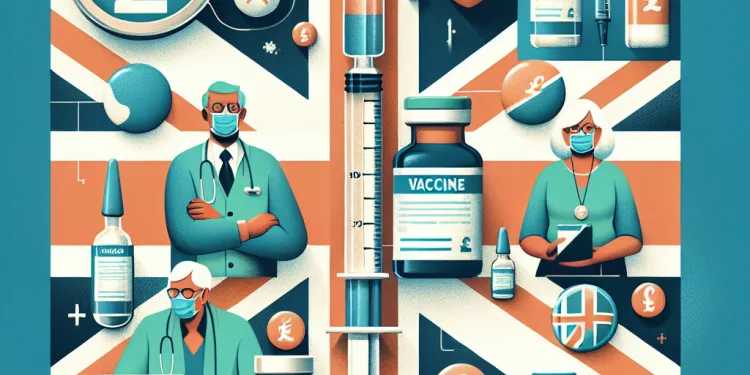
Why do some vaccines require multiple doses?
Relevance: 69%
-
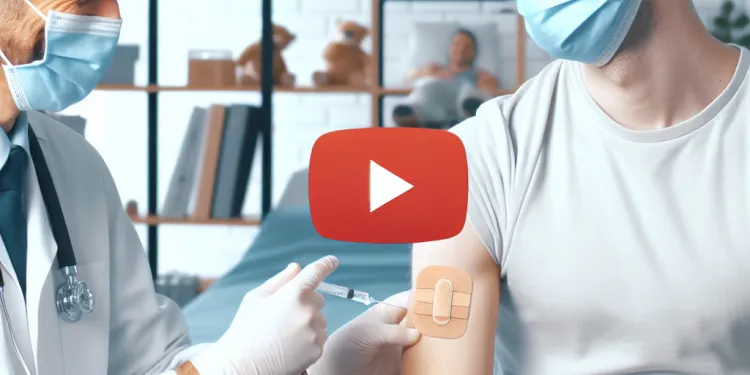
Can adults receive the MMR vaccine?
Relevance: 69%
-

Can pregnant women get the flu vaccine?
Relevance: 69%
-
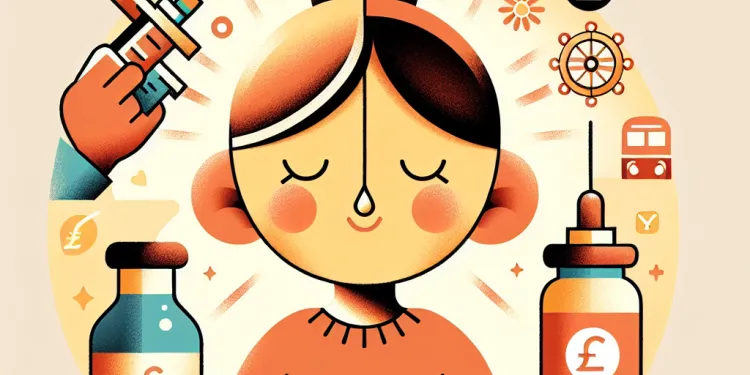
Can children receive the flu vaccine as a nasal spray?
Relevance: 68%
-
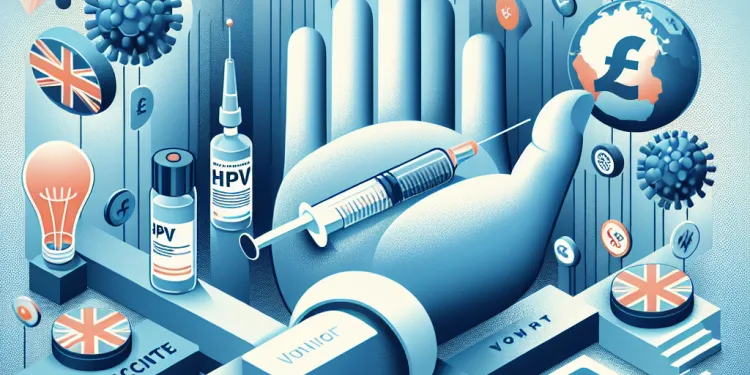
Who should get the HPV vaccine?
Relevance: 67%
-
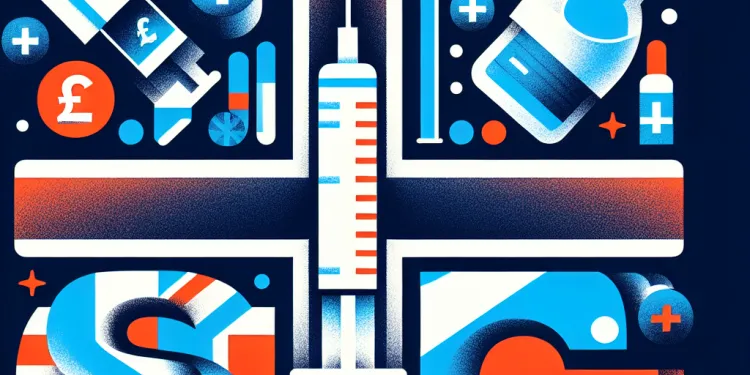
How long does it take for the flu vaccine to become effective?
Relevance: 67%
-
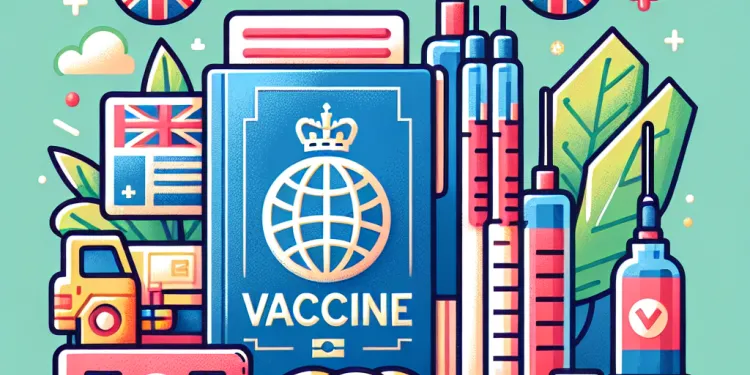
Do I need any vaccine injections for EU countries?
Relevance: 66%
-

What if I have an egg allergy, can I still get the flu vaccine?
Relevance: 66%
-
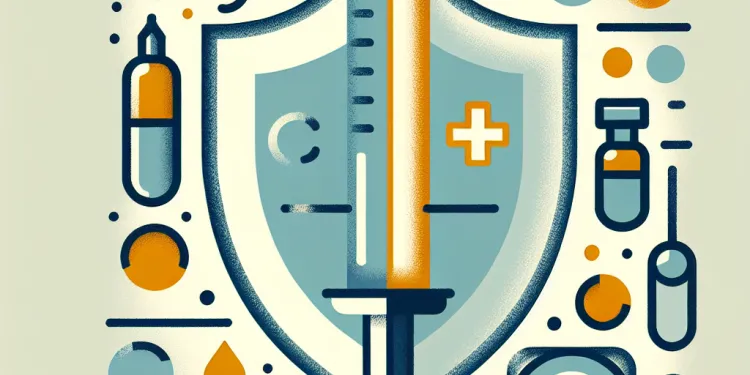
Is there a vaccine for the Zika virus?
Relevance: 66%
-
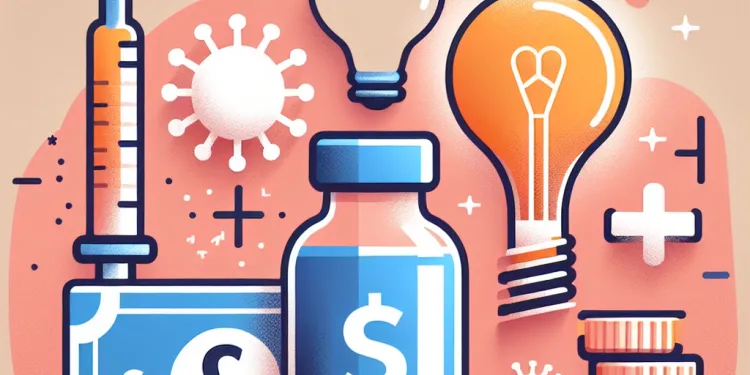
Are vaccines linked to autism?
Relevance: 65%
-
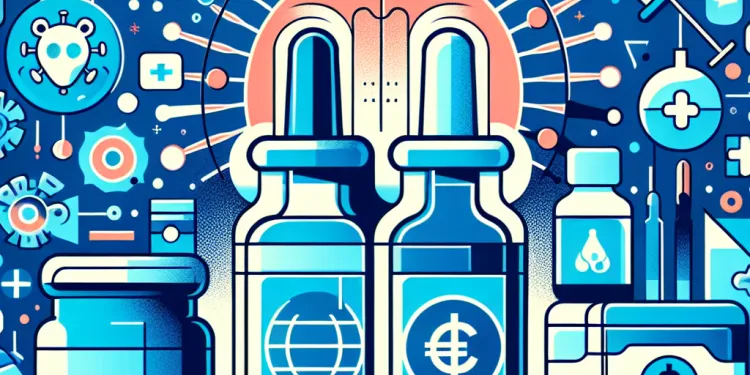
How effective is the MMR vaccine?
Relevance: 65%
-
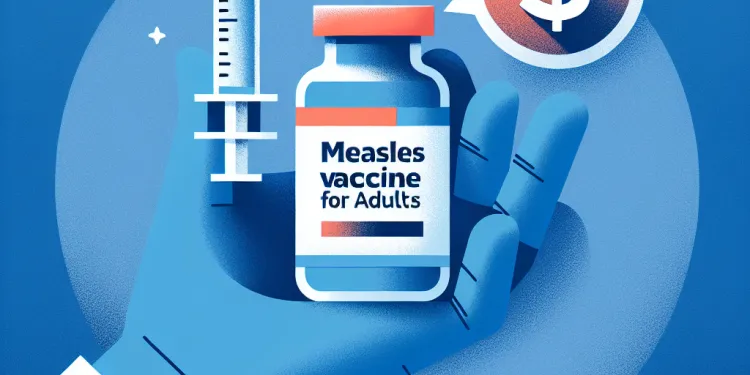
Can the measles vaccine be given to adults?
Relevance: 64%
-
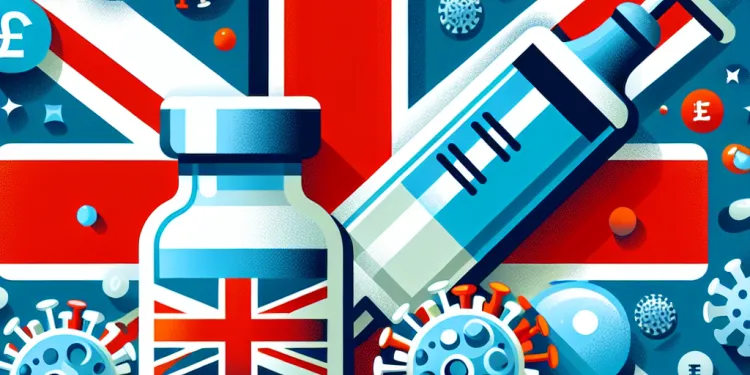
Do vaccines work against new COVID-19 variants?
Relevance: 64%
-

How do I book an appointment for the flu vaccine?
Relevance: 63%
-
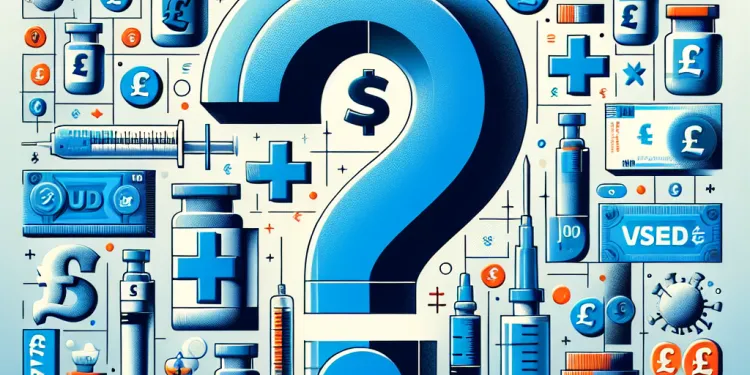
What is a vaccine?
Relevance: 63%
-
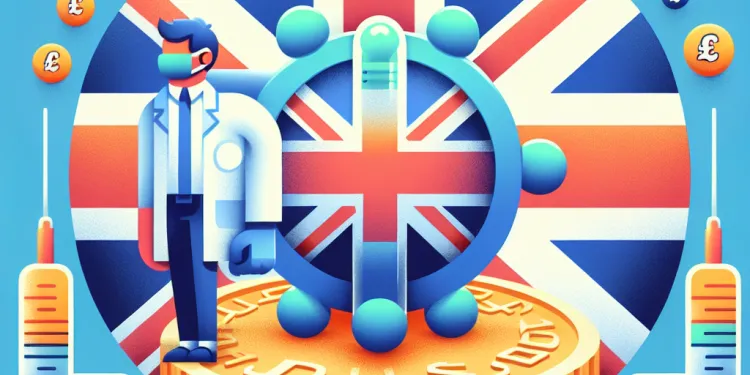
Who should get the flu vaccine in the UK?
Relevance: 61%
-
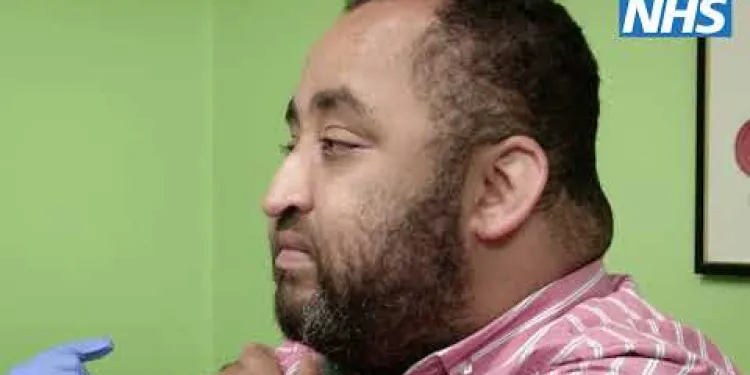
Flu vaccinations for people with a learning disability
Relevance: 59%
Introduction to Vaccines
Vaccines have been an essential tool in public health for over two centuries, providing vital protection against numerous infectious diseases. In the UK, vaccines are an important component of healthcare, significantly reducing the incidence of illness and saving lives. Understanding the importance of vaccines is crucial for individuals and communities to make informed health decisions.
How Vaccines Work
Vaccines function by stimulating the body's immune system to recognize and combat pathogens, such as viruses or bacteria. They contain weakened or inactivated parts of a particular organism that trigger an immune response without causing the disease. This prepares the body to fight the disease more effectively if exposed to it in the future. The result is immunity or resistance to specific infections, keeping individuals safe from diseases that once caused widespread harm.
Historical Impact
Historically, vaccines have played a major role in reducing the incidence of infectious diseases. For example, the smallpox vaccine led to the eradication of smallpox in 1980, a disease that once decimated populations in the UK and worldwide. Vaccination programmes have also significantly reduced the prevalence of diseases such as polio, measles, and whooping cough, protecting millions of people and contributing to longer life expectancies.
Public Health and Community Protection
Vaccines are crucial in safeguarding public health. They protect not only vaccinated individuals but also those around them, through a concept known as herd immunity. When a significant portion of the population is vaccinated, the transmission of contagious diseases is hindered, offering indirect protection to those unable to receive vaccines due to medical reasons, such as those with compromised immune systems. This community-wide defense is essential in managing outbreaks and maintaining public health.
Vaccines and the NHS
In the UK, the National Health Service (NHS) provides a comprehensive vaccination schedule aimed at protecting people from preventable diseases throughout their lives. From childhood immunisations to seasonal flu and COVID-19 vaccines, these programs are a critical aspect of healthcare delivery. By following the recommended schedule, individuals can not only protect their own health but also contribute to the well-being of their community.
Conclusion
Vaccines are a cornerstone of modern healthcare and public health policy. They have proven to be one of the safest and most cost-effective ways to prevent infectious diseases. By fostering immunity in the population, vaccines save lives, reduce healthcare costs, and preserve public health. For individuals in the UK, participating in vaccination programmes is a responsible action that underlines the collective effort to safeguard the health of all citizens, young and old.
Introduction to Vaccines
Vaccines are medicines that help keep us healthy. They stop us from getting sick from viruses and bacteria. In the UK, vaccines help prevent many illnesses and save lives. It is important for everyone to know why vaccines matter, so they can stay healthy and make good choices about their health.
How Vaccines Work
Vaccines teach our bodies to fight off germs. They have tiny, safe pieces of the germs that do not make us sick. When our body meets the real germs later, it can fight them off better. This makes us stronger against diseases, so we do not get as sick.
Historical Impact
Vaccines have done great things in the past. They stopped smallpox, a deadly disease, from hurting people at all in 1980. Thanks to vaccines, fewer people now get sick from diseases like polio, measles, and whooping cough. Vaccines have helped people live longer and stay healthier.
Public Health and Community Protection
Vaccines help protect everyone, even those who cannot get them because they are sick. When many people get vaccinated, diseases do not spread as much. This is called herd immunity. It keeps the whole community safe, especially those who are most at risk.
Vaccines and the NHS
In the UK, the NHS provides a plan for getting vaccines. This helps protect us from getting sick as we grow up. Vaccines for children, flu shots, and COVID-19 vaccines are all parts of this plan. By getting vaccines, we help keep ourselves and others safe.
Conclusion
Vaccines are important for our health. They stop diseases and save lives. Getting vaccines is a smart way to stay healthy and keep healthcare costs low. In the UK, getting vaccinated is a way to help protect everyone, young and old, and keep our community healthy.
Frequently Asked Questions
What is the primary purpose of vaccines?
Vaccines are designed to protect individuals from infectious diseases by stimulating the immune system to recognize and fight pathogens.
How do vaccines contribute to herd immunity?
Vaccines provide indirect protection to unvaccinated individuals by reducing the spread of infectious diseases within a community, making outbreaks less likely.
Why are vaccines important for public health?
Vaccines help control and eliminate life-threatening infectious diseases, significantly reducing illness, death, and the socioeconomic burden of outbreaks.
Can vaccines prevent the spread of diseases?
Yes, by reducing the number of susceptible individuals, vaccines can decrease the transmission of diseases and prevent outbreaks.
How do vaccines protect individuals who cannot be vaccinated?
Vaccines protect those who cannot be vaccinated, such as infants and immunocompromised individuals, by reducing the prevalence of infectious diseases in the community.
Why is vaccination important for children?
Vaccination in childhood prevents children from contracting and spreading infectious diseases, ensuring healthy development and reducing the risk of serious complications.
What role do vaccines play in disease eradication?
Vaccines are crucial in eradication efforts as they help dramatically reduce the incidence of diseases, as seen with the elimination of smallpox and near-eradication of polio.
Why should people continue to get vaccinated if some diseases are very rare?
Continuing vaccination prevents the resurgence of diseases that are currently rare but could return if vaccination rates decline.
Are vaccines safe?
Vaccines undergo extensive testing in clinical trials and are continuously monitored for safety, making them safe for public use with side effects being generally mild and temporary.
How do vaccines work with the body's immune system?
Vaccines teach the immune system to recognize and combat pathogens, using weakened or inactive parts of the microorganism or a blueprint for producing antigens.
Why are boosters necessary for some vaccines?
Boosters are necessary because immunity from some vaccines can wane over time, and additional doses help maintain or enhance protection.
Why do adults need vaccines too?
Adults need vaccines to protect against diseases that are more common or serious in adulthood, to renew fading immunity, and to protect those around them.
What is the impact of vaccines on global health?
Vaccines have dramatically reduced global morbidity and mortality from infectious diseases, contributing to increased life expectancy and quality of life.
Can vaccines help control pandemics?
Vaccines are a critical tool in controlling pandemics by rapidly increasing population immunity to slow disease spread and prevent hospital overloads.
Why are some vaccines given as combinations?
Combination vaccines protect against multiple diseases with fewer shots, improving vaccination rates and reducing discomfort and healthcare visits.
What is the economic impact of vaccines?
Vaccines save healthcare costs by preventing diseases, reducing the need for medical treatments, and increasing productivity by keeping people healthy.
How do vaccines contribute to a healthier future?
By preventing infectious diseases, vaccines promote healthier populations, allowing future generations to grow without the burden of preventable illnesses.
What happens if vaccination rates decline?
If vaccination rates decline, diseases that are currently under control could resurge, leading to outbreaks and increased morbidity and mortality.
Do vaccines cause the disease they are meant to prevent?
Inactivated and most other types of vaccines cannot cause the disease; they contain only antigens or parts of the pathogen that stimulate an immune response.
Why are vaccines considered one of the greatest public health achievements?
Vaccines have prevented millions of deaths, drastically reduced disease incidence, and led to the eradication of diseases like smallpox, showcasing their unmatched impact on public health.
What are vaccines used for?
Vaccines help keep us safe from getting sick. They teach our bodies how to fight off germs that can make us ill.
How do vaccines help keep everyone safe?
Vaccines are like special shields that keep us from getting sick. When lots of people have these shields, it helps everyone stay safe.
If most people get the vaccine, it is harder for bad germs to spread. This is called herd immunity.
Herd immunity protects people who can't get vaccines, like babies or some sick people.
Remember to talk to a doctor if you have questions about vaccines. You can also watch videos or use apps to learn more.
Vaccines help keep everyone safe. They stop diseases from spreading easily, so people who have not had the vaccine are also better protected. This means fewer people get sick.
Why do we need vaccines to stay healthy?
Vaccines help keep everyone safe from getting sick. They stop diseases from spreading. Vaccines are like a shield that helps our bodies fight germs. When most people get vaccines, fewer people get sick. This keeps our families and friends healthy.
Tools that can help:
- Ask a grown-up to explain anything you don't understand.
- Use pictures or videos to learn more about vaccines.
- Talk to your doctor or nurse if you have questions.
Vaccines help keep us safe from dangerous diseases. They work by stopping us from getting really sick. Vaccines also help stop the spread of diseases, so fewer people get sick, and we have less worry and stress.
If reading is hard, you can try some tools that read text out loud. You can also ask someone to help explain things if you need it.
Do vaccines stop diseases from spreading?
Yes, vaccines can help stop diseases from spreading. They do this by protecting people so they don't get sick, which helps keep everyone safer.
How do vaccines help people who can't get them?
Vaccines help keep everyone safe. They stop diseases from spreading. This keeps babies and people who are sick and cannot get vaccines safe from getting sick.
Why do kids need vaccines?
Getting shots, called vaccines, helps kids stay healthy. Vaccines stop kids from getting sick with certain diseases.
Vaccines teach the body how to fight germs, so kids don’t get sick or don’t get as sick.
It’s important for kids to get vaccines to keep themselves and others safe.
If you have questions, ask a doctor or nurse. They can explain more about vaccines.
Getting vaccines when you are young stops you from getting sick. It also stops you from spreading diseases to others. Vaccines help you grow up healthy and stop you from getting really sick.
Here are some ways to make reading easier:
- Use pictures to help understand the words.
- Read out loud or have someone read to you.
- Take breaks if reading feels hard.
How do vaccines help get rid of diseases?
Vaccines are like shields that help protect us from getting sick. They teach our bodies to fight germs.
When lots of people get vaccines, it's harder for the disease to spread. This can make the disease go away forever.
Ask a grown-up to help you learn more about vaccines. You can also use pictures and videos to understand better.
Vaccines are very important. They help us get rid of diseases. For example, vaccines helped get rid of a disease called smallpox. They have almost gotten rid of another disease called polio.
Why get vaccines if some diseases are rare?
Vaccines help keep you safe from bad germs. Even if a disease is rare, it can still make people sick. By getting vaccines, we stop these germs from spreading to others. This keeps everyone safe, especially babies and older people.
Vaccines act like a shield. If everyone uses this shield, the disease can't hurt us. Sometimes diseases can come back if people stop getting vaccinated. So it's important to get all your vaccines.
Need help with reading?
- Ask someone to read with you.
- Use pictures or videos to understand better.
- Take your time—read slowly.
Getting vaccines helps keep diseases away. These diseases do not happen much now because many people get their shots. But if people stop getting vaccines, these diseases could come back.
Are vaccines safe?
Vaccines help keep us from getting sick. Doctors check them to make sure they are safe. They help protect us from things like the flu or measles.
If you have questions, talk to a doctor or nurse. They can help explain more.
It's okay to ask for help if you need it. You can also use pictures or videos to learn more.
Vaccines are tested a lot to make sure they are safe. Doctors keep checking them all the time. This makes vaccines safe for people. If you do have side effects, they are usually not bad and do not last long.
How do vaccines help the body's defense system?
Vaccines help your body fight germs. They teach your body's defense system what bad germs look like. This way, if the real bad germs come, your body knows how to fight them.
Tools to help understand: Draw pictures of how vaccines work. Use videos to see how your body's defense fights germs.
Vaccines help the body's defense system learn how to fight germs. They use weak or inactive pieces of germs, or a plan to make those pieces, to do this.
Why do we need booster shots for some vaccines?
Some vaccines need extra help to keep us safe from getting sick. These extra shots are called boosters.
Here’s why we might need them:
- Boosters remind our body how to fight the germs.
- Over time, our body might forget how to keep us protected. Boosters give it a little push.
If you find it hard to understand, try these tools:
- Ask someone to explain it to you.
- Use apps that read text out loud.
- Watch videos that explain vaccines.
Boosters are important because the protection from vaccines can get weaker as time goes by. Getting more vaccine doses can help keep us safe and strong.
Why do grown-ups need shots too?
Grown-ups need shots to stay healthy.
Shots protect you from getting sick.
Some shots you get when you are a kid wear off, and you need them again.
Ask your doctor which shots you need.
Try setting a reminder to get your shots. This can be a note on the fridge or in your phone.
Grown-ups need shots to stay safe from illnesses that adults can catch. These shots also help keep their protection strong and help keep everyone around them safe too.
How do vaccines help the world stay healthy?
Vaccines are shots that keep us from getting sick. They help protect us from diseases like measles or the flu.
When most people get vaccines, fewer people get sick. This helps everyone stay healthy!
Simple ways to remember:
- Vaccines are like shields for your body.
- They stop bad germs from making you ill.
For extra help, you can:
- Use pictures to understand how vaccines work.
- Ask an adult to explain if you have questions.
Vaccines help people stay healthy by protecting them from getting sick. This means people can live longer and feel better.
Can vaccines help stop big outbreaks of disease?
Vaccines are medicines that protect people from getting very sick. They can help stop big outbreaks where lots of people get sick at the same time.
When most people get vaccines, the disease can't spread as easily. This helps keep everyone safe.
Using apps or reminders can help you remember vaccine appointments. Talking to doctors or nurses can also help you understand more about vaccines.
Vaccines are important. They help control sicknesses that spread quickly. Vaccines make more people safe from getting sick. This way, fewer people get sick at the same time, so hospitals are not too busy.
Why do we get some vaccines together?
Some vaccines protect us from different germs at the same time. This is called a combination vaccine.
Reasons for combination vaccines:
- One visit: You need fewer trips to the doctor.
- Fewer shots: You get fewer needles, but still get full protection.
- Better protection: They keep you safe from many illnesses.
Helpful tips:
- Ask questions: It's okay to ask your doctor anything.
- Bring comfort items: Like a toy or blanket to feel safe.
- Deep breaths: Take slow breaths to stay calm.
Tools to help:
- Talking about it: Tell someone how you feel.
- Picture cards: Look at pictures that show the steps.
Combination vaccines are special medicines that help protect you from more than one illness with just one shot. This means you need fewer needles, which can make getting vaccines less scary and painful. It also means you might not need to visit the doctor as often!
Here are some helpful tips:
- Use pictures or videos about vaccines to understand them better.
- Ask a grown-up to explain why vaccines are important.
- Try to stay calm when getting a vaccine by taking deep breaths.
How do vaccines help the economy?
Vaccines are medicines that stop people from getting sick. When more people are healthy, they can go to work and school. This helps everyone make more money and keeps businesses open. Healthy people also need less care from doctors and hospitals, which saves money.
Using pictures and videos can help you understand more about vaccines. You can ask someone to read this with you if it helps.
Vaccines help us save money. They stop people from getting sick, which means we don’t have to spend a lot on medicine or doctor visits. When people stay healthy, they can work and do more things.
How do vaccines help us stay healthy in the future?
Vaccines help protect us from getting sick. They help our bodies learn how to fight germs that cause diseases. This means we can stay healthy and not miss school or playtime.
Vaccines help keep everyone safe, even those who can't get vaccinated. When more people have vaccines, diseases don't spread as much.
If you have trouble understanding words, you can:
- Ask someone to read with you.
- Watch videos about vaccines made for kids.
- Use picture books or simple charts to learn more.
Vaccines stop people from getting sick. This helps everyone stay healthy. It means children can grow up without getting diseases that we can stop.
What happens if fewer people get vaccines?
Getting a vaccine helps keep us safe from getting sick. Vaccines are like shields that protect us from bad germs.
If fewer people get vaccines, more people might get sick. Germs can spread faster if not enough people are protected.
Here are some ways to stay healthy:
- Get your vaccines. They help keep you strong against sickness.
- Wash your hands often with soap and water.
- Stay away from people who are sick.
- If you feel sick, tell an adult and rest.
If fewer people get vaccinated, diseases that we can control right now might come back. This can make lots of people sick and cause more people to die.
Can vaccines make you sick with the disease they are supposed to stop?
These vaccines cannot make you sick. They have pieces of germs that help your body know how to fight the real germs.
Why are vaccines important for keeping us healthy?
Vaccines have saved millions of lives. They stop many people from getting sick. Some diseases, like smallpox, don't exist anymore because of vaccines. This shows how important vaccines are for keeping us healthy.
Useful Links
- Ergsy carfully checks the information in the videos we provide here.
- Videos shown by Youtube after a video has completed, have NOT been reviewed by ERGSY.
- To view, click the arrow in centre of video.
- Most of the videos you find here will have subtitles and/or closed captions available.
- You may need to turn these on, and choose your preferred language.
- Go to the video you'd like to watch.
- If closed captions (CC) are available, settings will be visible on the bottom right of the video player.
- To turn on Captions, click settings .
- To turn off Captions, click settings again.
More Items From Ergsy search
-

What are the different types of vaccines?
Relevance: 100%
-

What steps can improve vaccine effectiveness?
Relevance: 91%
-

Can everyone receive vaccines?
Relevance: 91%
-

Are vaccines safe?
Relevance: 85%
-

What is a subunit vaccine?
Relevance: 85%
-

How effective is the flu vaccine?
Relevance: 84%
-

Current Flu Vaccination Recommendations and Availability
Relevance: 83%
-

Can vaccines cause the diseases they protect against?
Relevance: 81%
-

What is a live-attenuated vaccine?
Relevance: 79%
-

What are vaccines and how do they work?
Relevance: 78%
-

What if I'm not eligible for a free flu vaccine, can I still get vaccinated?
Relevance: 77%
-

Can the flu vaccine give me the flu?
Relevance: 76%
-
Does the flu vaccine protect against COVID-19?
Relevance: 76%
-

Children's Vaccination Schedule
Relevance: 75%
-

Is the flu vaccine free for everyone in the UK?
Relevance: 75%
-

How does vaccination affect measles rates?
Relevance: 74%
-

When is the best time to get the flu vaccine?
Relevance: 72%
-

Why do vaccinated people sometimes still get sick?
Relevance: 71%
-

Can the flu vaccine give you the flu?
Relevance: 71%
-

How do vaccines work?
Relevance: 70%
-

Surge in HPV Vaccination Rates Among Young Women in the UK
Relevance: 70%
-

Has a vaccine been developed against Nipah Virus?
Relevance: 70%
-

Why are vaccines important?
Relevance: 70%
-

Why do some vaccines require multiple doses?
Relevance: 69%
-

Can adults receive the MMR vaccine?
Relevance: 69%
-

Can pregnant women get the flu vaccine?
Relevance: 69%
-

Can children receive the flu vaccine as a nasal spray?
Relevance: 68%
-

Who should get the HPV vaccine?
Relevance: 67%
-

How long does it take for the flu vaccine to become effective?
Relevance: 67%
-

Do I need any vaccine injections for EU countries?
Relevance: 66%
-

What if I have an egg allergy, can I still get the flu vaccine?
Relevance: 66%
-

Is there a vaccine for the Zika virus?
Relevance: 66%
-

Are vaccines linked to autism?
Relevance: 65%
-

How effective is the MMR vaccine?
Relevance: 65%
-

Can the measles vaccine be given to adults?
Relevance: 64%
-

Do vaccines work against new COVID-19 variants?
Relevance: 64%
-

How do I book an appointment for the flu vaccine?
Relevance: 63%
-

What is a vaccine?
Relevance: 63%
-

Who should get the flu vaccine in the UK?
Relevance: 61%
-

Flu vaccinations for people with a learning disability
Relevance: 59%